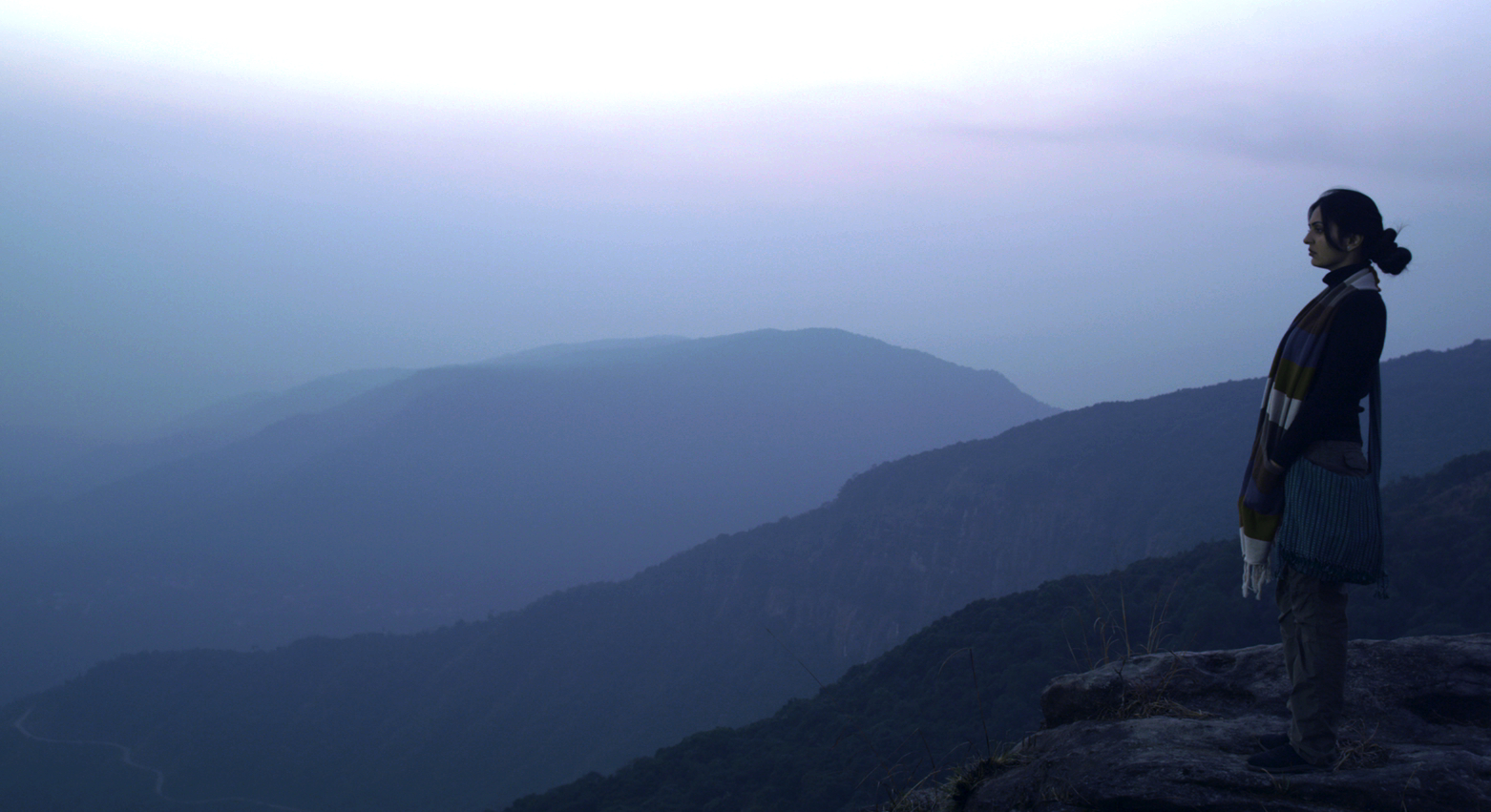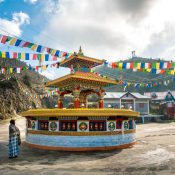
Cherapunjee and Double Decker Bridge Car Rental
Cherrapunji (/ˌtʃɛrəˈpʌndʒi, -ˈpʊn-/ (listen)) or Sohra is a subdivisional town in the East Khasi Hills district in the Indian state of Meghalaya. It is the traditional capital of ka hima Sohra (Khasi tribal kingdom).
Sohra has often been credited as being the wettest place on Earth, but for now nearby Mawsynram currently holds that distinction. It still holds the all-time record for the most rainfall in a calendar month and in a year, however: it received 9,300 millimetres (370 in; 30.5 ft) in July 1861 and 26,461 millimetres (1,041.8 in; 86.814 ft) between 1 August 1860 and 31 July 1861.
The history of the Khasi people – native inhabitants of Sohra– may be traced from the early part of the 16th century. Between the 16th and 18th centuries, these people were ruled by their tribal ‘Syiems (rajas or chiefs) of Khyriem’ in the Khasi Hills. The Khasi hills came under British authority in 1883 with the submission of the last of the important Syiem, Tirot Sing Syiem.
The main pivot on which the entire superstructure of Khasi society rests is the matrilineal system.
The original name for this town was Sohra (soh-ra), which was pronounced “Cherra” by the British. This name eventually evolved into a temporary name, Cherrapunji, meaning ‘land of oranges’, which was first used by tourists from other parts of India. It has again been renamed to its original form, Sohra.
Despite abundant rainfall, Sohra faces an acute water shortage and the inhabitants often have to trek very long distances to obtain potable water.[2] Irrigation is hampered due to excessive rain washing away the topsoil as a result of human encroachment into the forests. Recent developments of rain-water harvesting techniques in the area have greatly helped the town and its neighbouring villages.
There is a monument to David Scott (British Administrator in NE India, 1802–31) in the town’s cemetery.
We provide car rentals for tourists visiting Cherapunjee and the double decker living root bridge.


